Why Modern Pet Parenting Looks So Different Today!
Ankita Rai | May 19, 2025, 20:17 IST
pet parenting
( Image credit : Pexels )
Modern pet parenting has evolved far beyond basic care, reflecting shifts in emotional bonds, wellness trends, and lifestyle values. Today’s pet parents—especially Millennials and Gen Z—see their animals as family, often prioritizing their needs with tech, nutrition, and mental health support. From smart collars to petfluencers, this new era is driven by empathy, personalization, and purpose. As pets reshape routines and influence major life decisions, the line between pet and human care continues to blur—revealing how deeply our need for connection is changing the way we live and love.
Once upon a time, pets played a straightforward role in the home: faithful companions who watched gates, chased mice, or hung around with us in the background. Fast-forward to now, and pet parenting is so much more sophisticated, emotive, and. pricey. From vegan dog biscuits to dog daycares, from feline wellness regimes to pet insurance, the modern pet parent is redefining the rulebook on how to raise and love animals. So, what changed? And why does today’s pet parenting look so different?
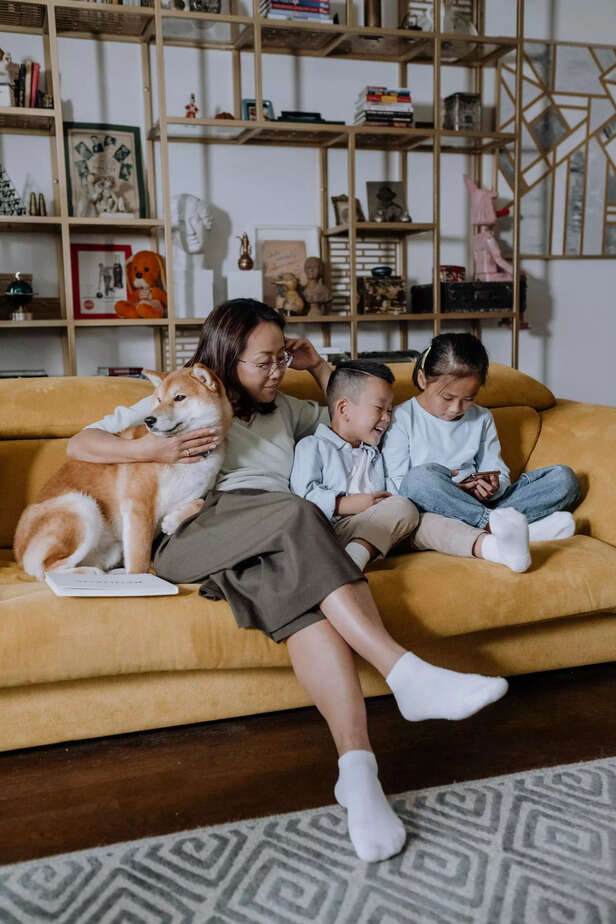
The most significant shift isn't what pet parents are purchasing—it's the way they feel. Even the vocabulary speaks volumes. We hardly ever hear anyone referring to themselves as "pet owners" anymore. It's "pet parents," as if they're emotionally invested. Pets are no longer regarded as possessions but as members of the family. They even come above human family members at times. For Gen Z and Millennials, this transformation has much to do with values such as emotional connection, wellness, and conscious living. While previous generations may have viewed a dog as a good watch animal, younger adults today tend to perceive pets as emotional companions, stress relief buddies, or even child substitutes.
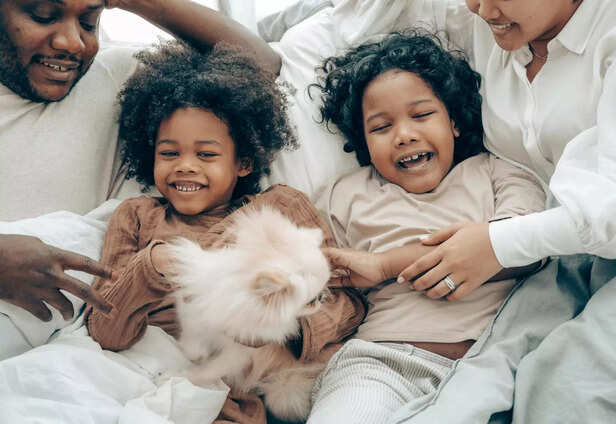
One of the significant reasons for this shift is demographic. Lots of Millennials are avoiding or postponing having children—but they're not postponing family. For this generation, pets tend to be the first step towards responsibility, caregiving, and friendship. It's not unheard of to hear someone exclaim, "My dog is my baby," and really mean it. This emotional space—left vacant by the old markers of marriage or children—is frequently occupied by the love and devotion of a pet. And, unlike children, pets don't yell back or require a college fund.

As self-care turned into a booming business for humans, it has spilled over to our pets. Today's pet parents are ready to shell out big bucks on everything from organic food to acupuncture, pet yoga, and CBD oil supplements. They seek out grain-free, single-protein, cruelty-free pet products with the same intensity they reserve for their own skincare. This wellness-first mindset isn't only about care but lifestyle alignment. If you're vegan, so's your dog. If you monitor your fitness, there's probably a smart collar on your pup logging their steps as well. The distinction between human and pet health is becoming increasingly transparent—and that isn't incidental.

Today’s pet parents are also tech-savvy. The smart home revolution hasn’t skipped over pets. GPS-enabled collars, automated feeders, pet cameras with two-way audio, and mobile vet consults are all part of the modern toolkit. There are even fitness trackers for dogs, complete with app-based progress reports. The issue isn't convenience. It's peace of mind. Today's pet parents need to feel connected, even when they're at work or away on vacation. If a product can alert you when your dog barks or when your cat refuses to use the litter box, it's not technology—it's a lifeline.
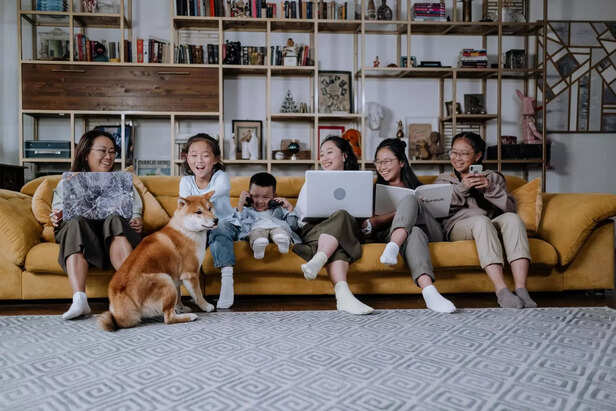
Social media has placed pet parenting in the public eye. More and more pets now have their own Instagram handles, wardrobes, and endorsement deals. Petfluencers aren't just adorable—they're cultural icons. But aside from the comments and likes, social media also contributes to influencing the way individuals acquire knowledge about pet care, adopt new trends, or even select breeds. It is a robust ecosystem where pet parents discover community, guidance, and identity.
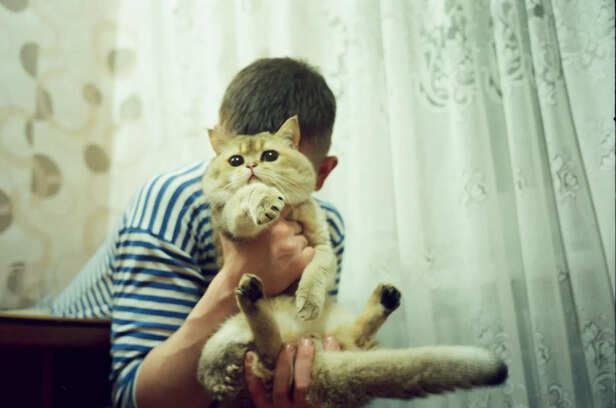
Today's pet parents are more emotionally invested—but they're better educated, and more discerning. In a recent Kinship report, it was found that today's pet parents expect pet care services and brands to be transparent, convenient, and personalized. They desire customized nutrition, quick delivery, responsibly sourced ingredients, and values-driven brands. Veterinary services, also, will have to change. From online consults to mental health assessments for pets, contemporary guardians expect care that addresses pets as entire entities—not merely animals with symptoms.

In a time of heightened anxiety and digital exhaustion, animals are more than companions—they're lifelines. Emotional support animals are more commonly understood, and pets tend to be the most reliable source of comfort in an unpredictable world. This bond is mutual. Pet parents are more aware than ever about the mental and emotional health of their pets. Separation anxiety, overexcitability, and trauma are being identified and treated by means of behavioral training and therapy.
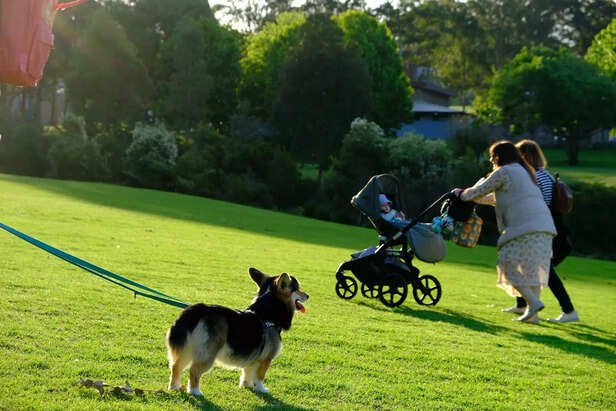
Pets have begun to dictate lifestyle decisions—from travel arrangements to home decor. The majority of homes today are built with pet-centric features such as built-in feeding stands or scratch-proof sofas. Some even consider how close they are to pet parks or veterinary clinics when deciding on a community. Work-from-home culture also added fuel to this connection. With increased time spent at home both during and after the pandemic, pets became co-workers, nap friends, and best friends. This close contact has made modern pet parents more attentive, and more vigilant, than ever before.
Challenges of
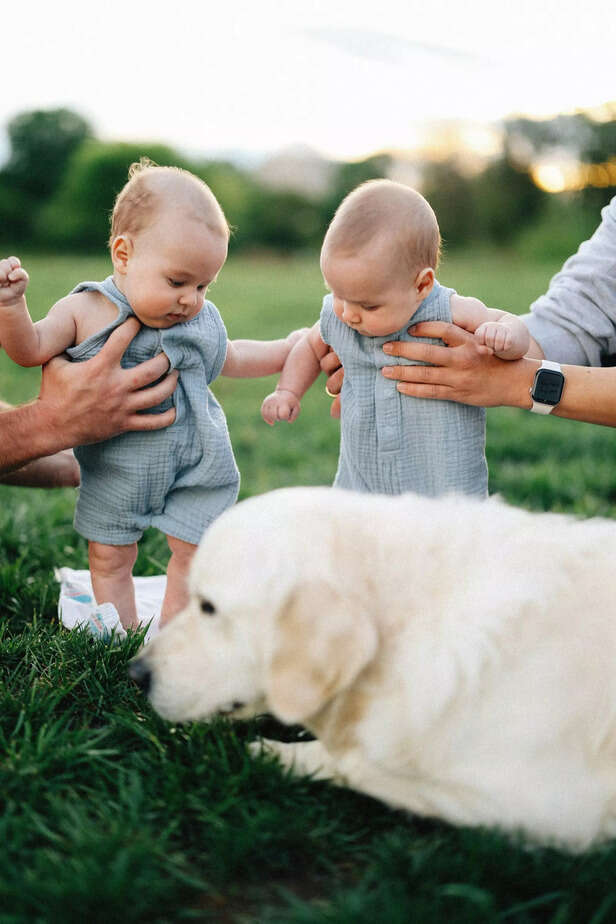
Of course, contemporary pet parenthood has its own stressors. The standard is high, the data intensive, and the price steep. It's not unheard of for pet parents to feel guilty about not having done enough—or having done too much. And with all those trends and expectations, the happiness of pet companionship can sometimes become lost in a heap of carefully crafted Instagram entries, supplements, and gadgets. The key is to hit the middle ground between love and excess.
As Gen Alpha matures with companion animals in households where they're treated as siblings, the societal consciousness of animals will naturally change more. We may have more pet-friendly practices in the workplace, improvements in animal health care, and legal acknowledgments that transcend simple "ownership. In so many ways, our treatment of pets is an indication of how we view ourselves: compassionate, connected, and continuously growing. The human-animal bond has never been tighter, more nuanced, or lovelier. And that's the reason why pet parenting nowadays appears so different—it's a reflection of the world we live in: one in which love, devotion, and lifestyle intersect in new, life-changing ways.
Discover expert advice and the latest tips on pet care, training, health, and more. Stay updated with all things pets at Times Pets!
A Shift from Ownership to Parenthood

there is shift from ownership to parenthood
( Image credit : Pexels )
The most significant shift isn't what pet parents are purchasing—it's the way they feel. Even the vocabulary speaks volumes. We hardly ever hear anyone referring to themselves as "pet owners" anymore. It's "pet parents," as if they're emotionally invested. Pets are no longer regarded as possessions but as members of the family. They even come above human family members at times. For Gen Z and Millennials, this transformation has much to do with values such as emotional connection, wellness, and conscious living. While previous generations may have viewed a dog as a good watch animal, younger adults today tend to perceive pets as emotional companions, stress relief buddies, or even child substitutes.
Delayed Parenthood, Early Pet Adoption

there is a trend of early adoption
( Image credit : Pixabay )
One of the significant reasons for this shift is demographic. Lots of Millennials are avoiding or postponing having children—but they're not postponing family. For this generation, pets tend to be the first step towards responsibility, caregiving, and friendship. It's not unheard of to hear someone exclaim, "My dog is my baby," and really mean it. This emotional space—left vacant by the old markers of marriage or children—is frequently occupied by the love and devotion of a pet. And, unlike children, pets don't yell back or require a college fund.
The Rise of the Wellness-Pet Industrial Complex

people are paying attention towards pet wellness
( Image credit : Pixabay )
As self-care turned into a booming business for humans, it has spilled over to our pets. Today's pet parents are ready to shell out big bucks on everything from organic food to acupuncture, pet yoga, and CBD oil supplements. They seek out grain-free, single-protein, cruelty-free pet products with the same intensity they reserve for their own skincare. This wellness-first mindset isn't only about care but lifestyle alignment. If you're vegan, so's your dog. If you monitor your fitness, there's probably a smart collar on your pup logging their steps as well. The distinction between human and pet health is becoming increasingly transparent—and that isn't incidental.
Tech Meets Tail-Wagging

pet and its parents
( Image credit : Pexels )
Today’s pet parents are also tech-savvy. The smart home revolution hasn’t skipped over pets. GPS-enabled collars, automated feeders, pet cameras with two-way audio, and mobile vet consults are all part of the modern toolkit. There are even fitness trackers for dogs, complete with app-based progress reports. The issue isn't convenience. It's peace of mind. Today's pet parents need to feel connected, even when they're at work or away on vacation. If a product can alert you when your dog barks or when your cat refuses to use the litter box, it's not technology—it's a lifeline.
Social Media and the "Petfluencer" Era

pet
( Image credit : Pixabay )
Social media has placed pet parenting in the public eye. More and more pets now have their own Instagram handles, wardrobes, and endorsement deals. Petfluencers aren't just adorable—they're cultural icons. But aside from the comments and likes, social media also contributes to influencing the way individuals acquire knowledge about pet care, adopt new trends, or even select breeds. It is a robust ecosystem where pet parents discover community, guidance, and identity.
Expectations Have Changed

pet parenting
( Image credit : Pexels )
Today's pet parents are more emotionally invested—but they're better educated, and more discerning. In a recent Kinship report, it was found that today's pet parents expect pet care services and brands to be transparent, convenient, and personalized. They desire customized nutrition, quick delivery, responsibly sourced ingredients, and values-driven brands. Veterinary services, also, will have to change. From online consults to mental health assessments for pets, contemporary guardians expect care that addresses pets as entire entities—not merely animals with symptoms.
The Mental Health Connection

pet parenting
( Image credit : Pixabay )
In a time of heightened anxiety and digital exhaustion, animals are more than companions—they're lifelines. Emotional support animals are more commonly understood, and pets tend to be the most reliable source of comfort in an unpredictable world. This bond is mutual. Pet parents are more aware than ever about the mental and emotional health of their pets. Separation anxiety, overexcitability, and trauma are being identified and treated by means of behavioral training and therapy.
Redefining Home and Routine

pet
( Image credit : Pixabay )
Pets have begun to dictate lifestyle decisions—from travel arrangements to home decor. The majority of homes today are built with pet-centric features such as built-in feeding stands or scratch-proof sofas. Some even consider how close they are to pet parks or veterinary clinics when deciding on a community. Work-from-home culture also added fuel to this connection. With increased time spent at home both during and after the pandemic, pets became co-workers, nap friends, and best friends. This close contact has made modern pet parents more attentive, and more vigilant, than ever before.
Challenges of Modern Pet Parenting

pet
( Image credit : Pexels )
Of course, contemporary pet parenthood has its own stressors. The standard is high, the data intensive, and the price steep. It's not unheard of for pet parents to feel guilty about not having done enough—or having done too much. And with all those trends and expectations, the happiness of pet companionship can sometimes become lost in a heap of carefully crafted Instagram entries, supplements, and gadgets. The key is to hit the middle ground between love and excess.
The Future of Pet Parenting
As Gen Alpha matures with companion animals in households where they're treated as siblings, the societal consciousness of animals will naturally change more. We may have more pet-friendly practices in the workplace, improvements in animal health care, and legal acknowledgments that transcend simple "ownership. In so many ways, our treatment of pets is an indication of how we view ourselves: compassionate, connected, and continuously growing. The human-animal bond has never been tighter, more nuanced, or lovelier. And that's the reason why pet parenting nowadays appears so different—it's a reflection of the world we live in: one in which love, devotion, and lifestyle intersect in new, life-changing ways.
Discover expert advice and the latest tips on pet care, training, health, and more. Stay updated with all things pets at Times Pets!
Frequently Asked Questions (FAQs)
- Why is modern pet parenting different today?
Modern pet parenting focuses on emotional bonding, wellness, and lifestyle alignment rather than just basic care. - What role does technology play in pet care?
Tech tools like smart collars and pet cameras offer convenience, safety, and deeper pet-parent connection. - Why are Millennials and Gen Z more invested in pet parenting?
They see pets as family, often substituting traditional milestones like marriage or children with animal companionship.
